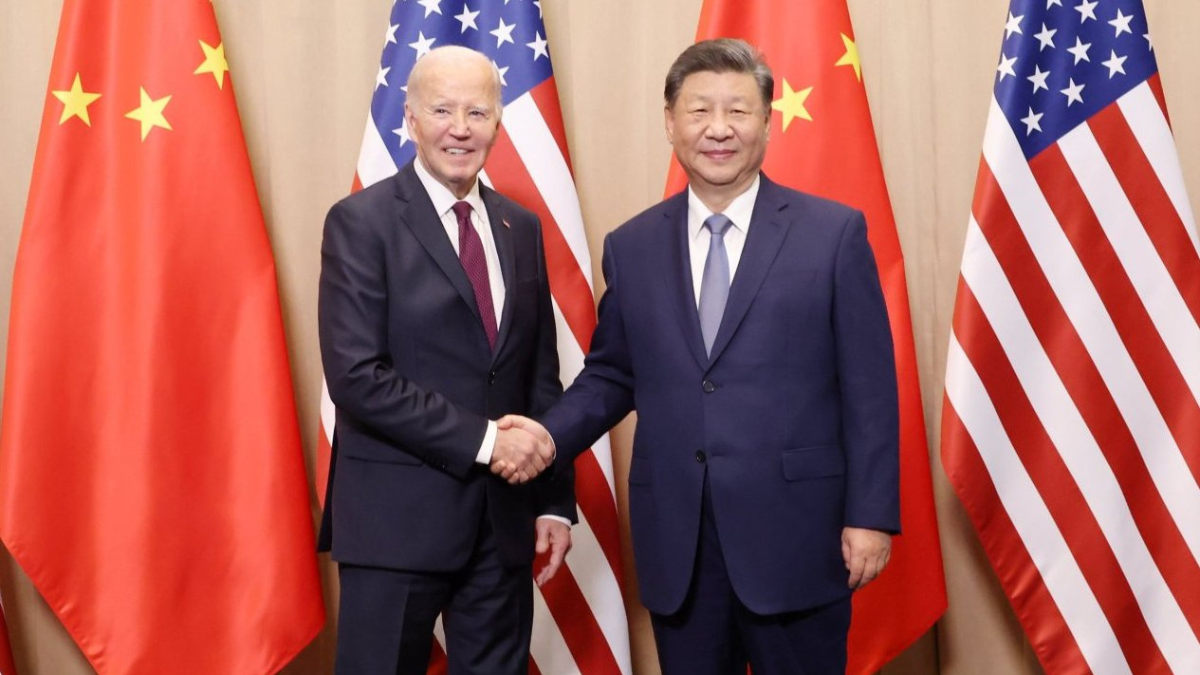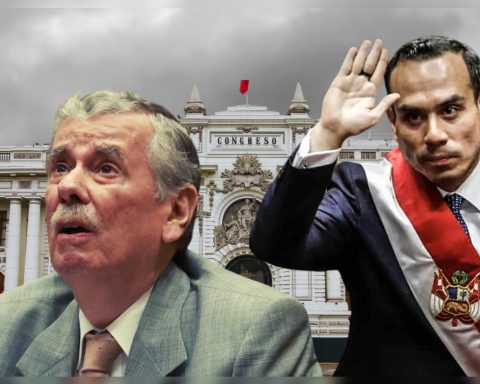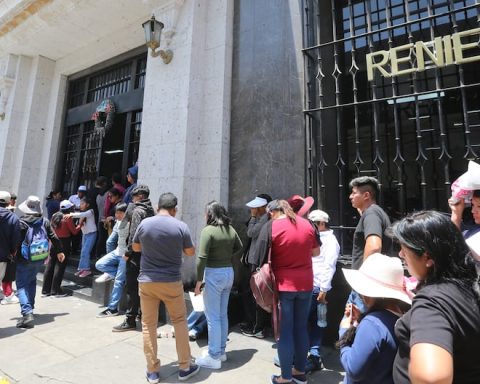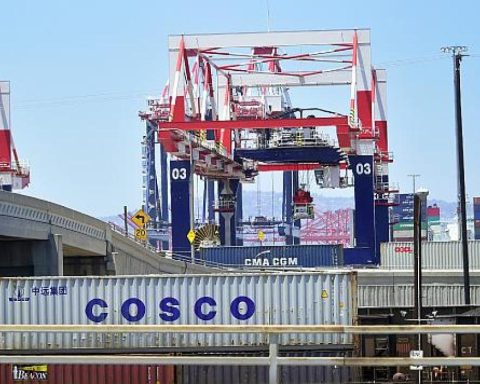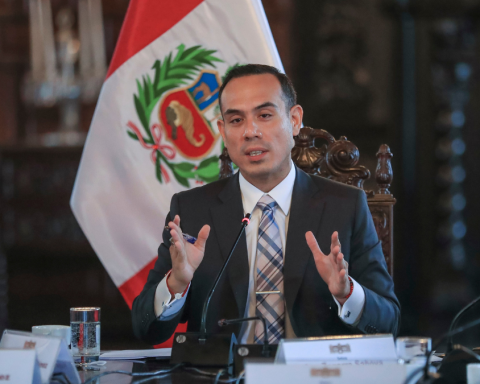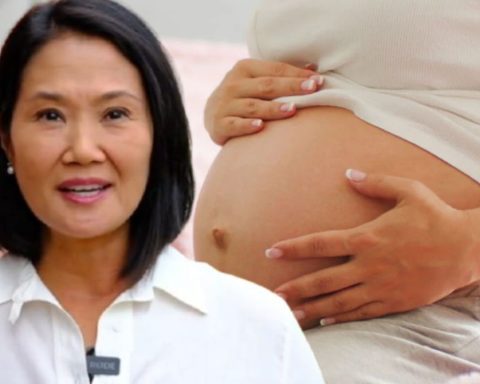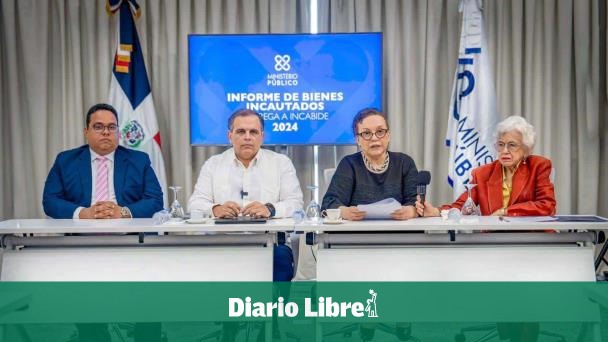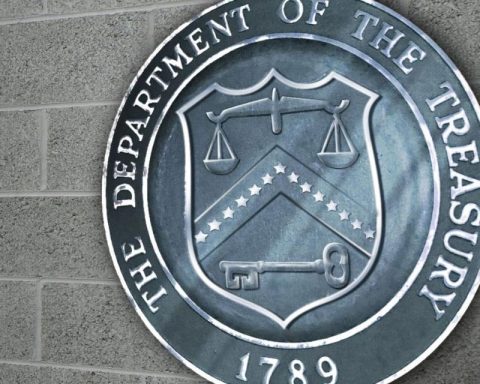The president of ChinaXi Jinping assured that he is ready to work with the future government of Donald Trump, during his last meeting with the outgoing president of USAJoe Biden, within the framework of APEC, in Lima.
“China is ready to work with the new US administration to maintain communication, expand cooperation and manage differences,” Xi said, according to an interpreter.
Biden, for his part, advocated that the rivalry between the two powers not lead to “conflict.”
The presidents met in a hotel in the Peruvian capital, at the end of a summit of the Forum for Economic Cooperation (APEC).
Two months after the Republican magnate moved back into the White House, the Chinese leader assured Biden that “he will strive to achieve a smooth transition.”
The goal of maintaining “a stable, healthy and sustainable relationship between China and the United States remains the same,” he added.
Biden in turn stressed that despite the differences with Xi, there were never confrontations between the two. “We are the most important relationship in the world, and the way we get along can affect” the rest of the planet, he added.
The two leaders will participate in the G20 summit in Brazil.
“Union and cooperation”
During the APEC summit in Lima, both presidents anticipated that Trump’s return would usher in a period of change and turbulence.
The future president threatened to raise tariffs on all exports to the United States, those from China to 60% and those from Mexico – Washington’s main trading partner – to 25%.
During his first term (2017-2021), the Republican magnate fueled the trade war between the two superpowers, who nevertheless signed a truce in January 2020.
With Trump at the head of the leading economic and military power, the APEC forum of 21 economies that represent 60% of global GDP also fears it will be weakened.
In that sense, Xi urged his partners on Saturday to confront growing “protectionism” with “unity and cooperation.”
He insisted that they must remain firm in multilateralism, economic openness and the search for integration.
Without mentioning Trump, Chilean President Gabriel Boric also called on his partners on Saturday to be “more united than ever” to confront the “threat of isolationism, of the denial of the climate crisis that some have.”
The “question remains of whether the United States will leave APEC with Trump and to what extent it would be a major blow to free trade in the Pacific Rim,” Jorge Heine, former Chilean ambassador to China, told AFP.
The APEC forum, which also includes Chile, Japan, South Korea, Canada, Australia, Indonesia and Mexico, signed 11 declarations in areas such as energy, food security, health, mining and finance, according to Peruvian President Dina Boluarte.
“Unpredictable”
The summit in Lima was dominated by the nervousness generated by Trump’s return, especially in relations between the United States and China.
Just a year ago, Washington and Beijing relaxed relations within the framework of the APEC summit in San Francisco, after reaching anti-drug agreements and to improve military communication.
“If you reach an agreement with Biden, he will probably comply with it, the problem with Trump is that, as he considers himself to be one, he is unpredictable,” Peruvian international affairs analyst Farid Kahhat tells AFP.
Trump also sows doubts in US alliances.
“We have reached a moment of significant political change,” Biden said Friday as he met with the leaders of Japan and South Korea in Lima.
The American president aspires to strengthen that coalition to counterbalance North Korea and its nuclear threat.
To this end, he announced that he will provide the alliance with a secretariat, so that it fulfills his “hope and expectation” that it last.
At the same time, he warned of North Korea’s “dangerous and destabilizing cooperation” with Russia.
Pyongyang supports Vladimir Putin’s government – absent from the APEC summit – with troops to fight against Ukraine.
Trump says he wants to end wars in that country and in the Middle East, “not because he is a pacifist or believes in a just solution to conflicts (…), but because he believes that the United States should not devote more resources to them.” “says the Peruvian analyst.
WITH INFORMATION FROM AFP
Take advantage of the NEW EXPERIENCE, receive our enriched digital newspaper by mail and WhatsApp. Peru21 ePaper.
Now available in Yape! Find us at YAPE Promos.
RECOMMENDED VIDEO:
